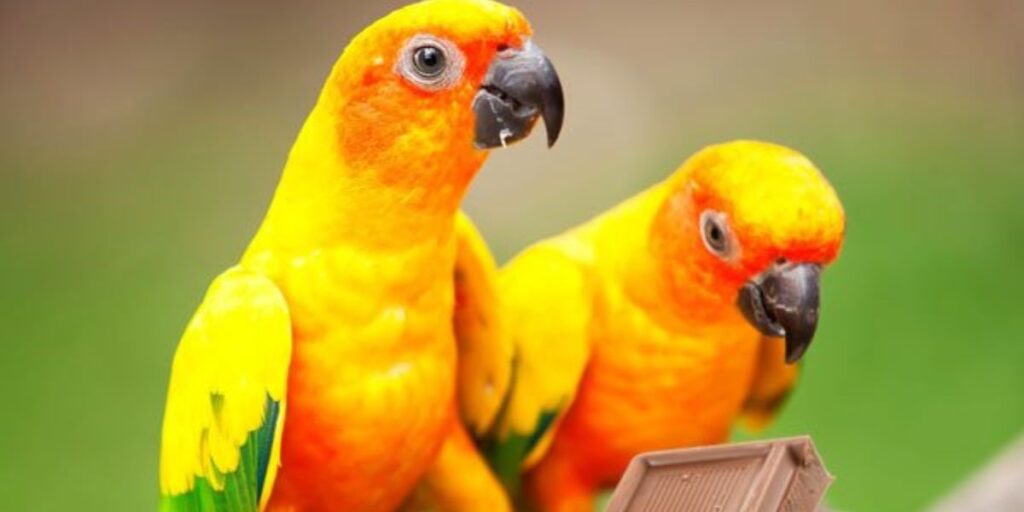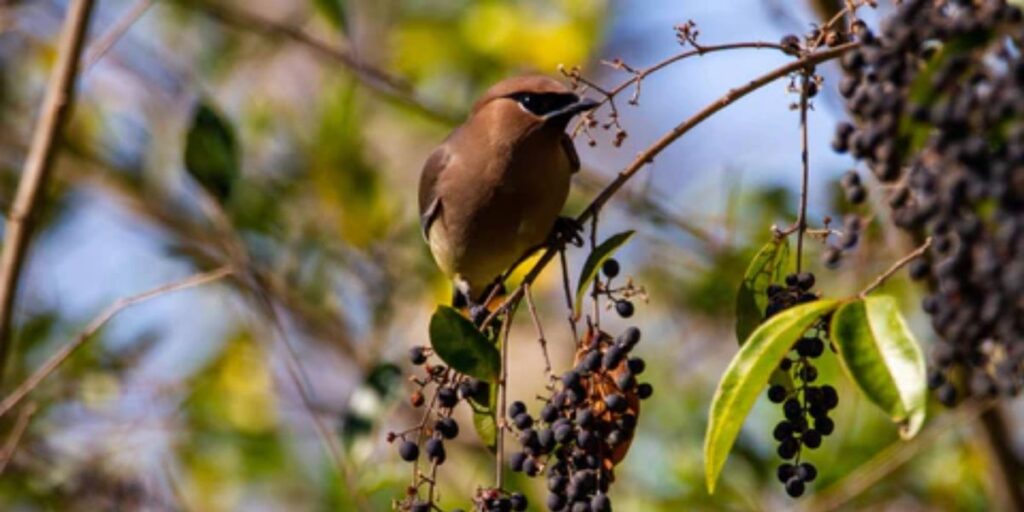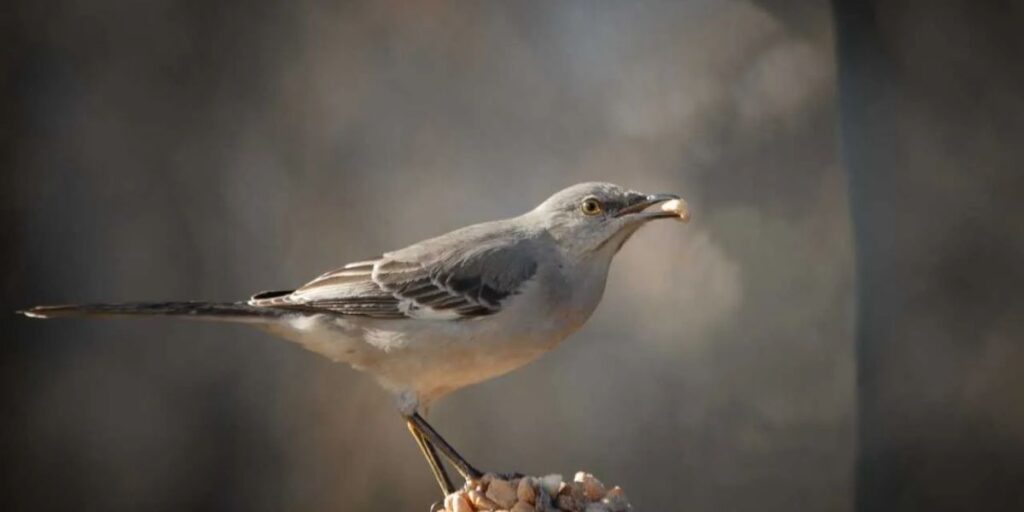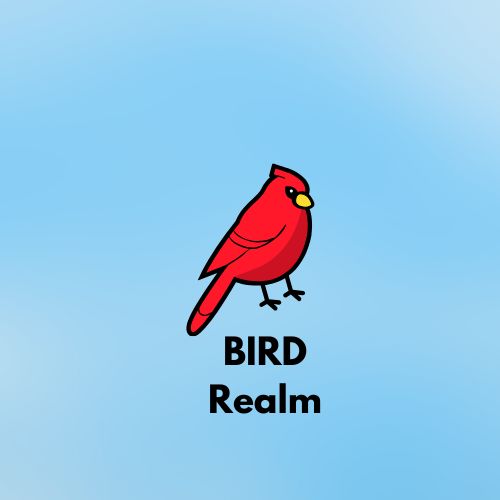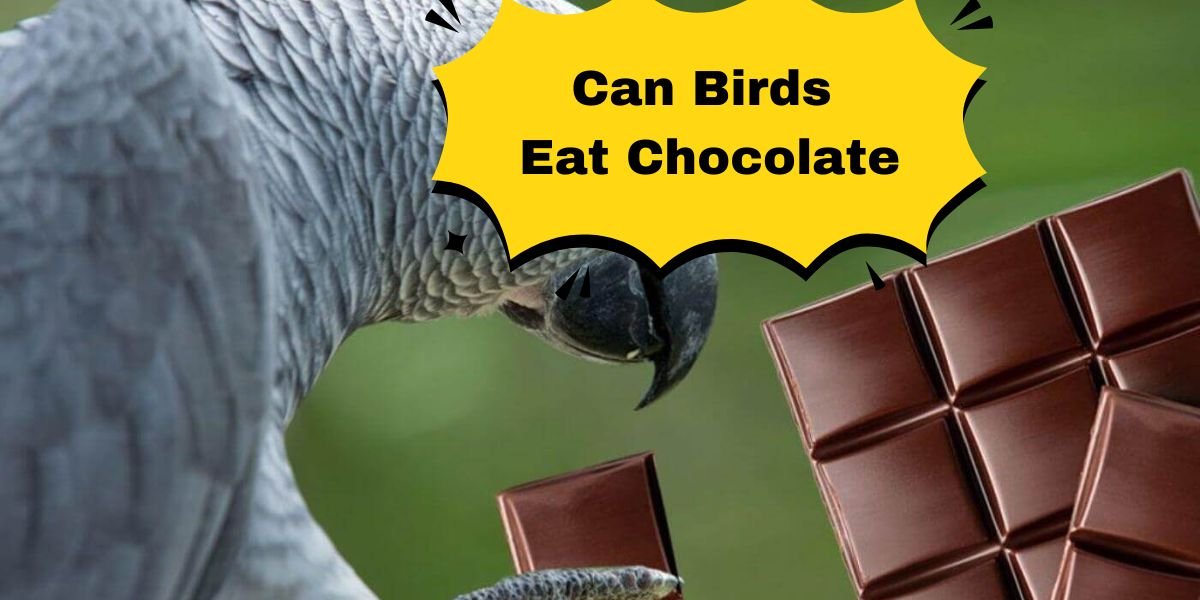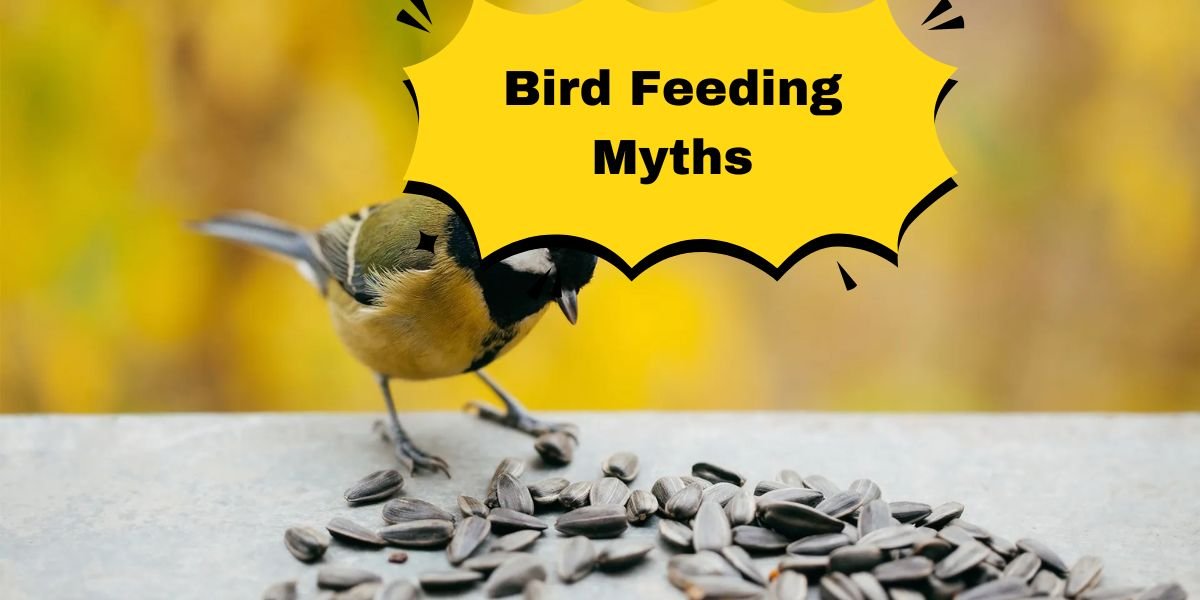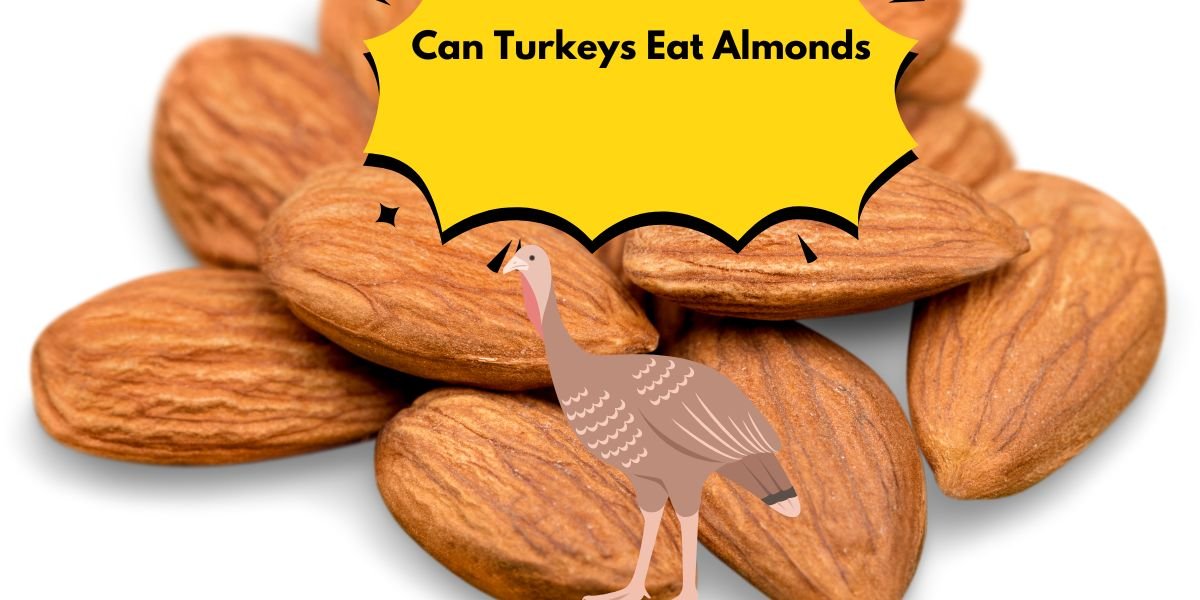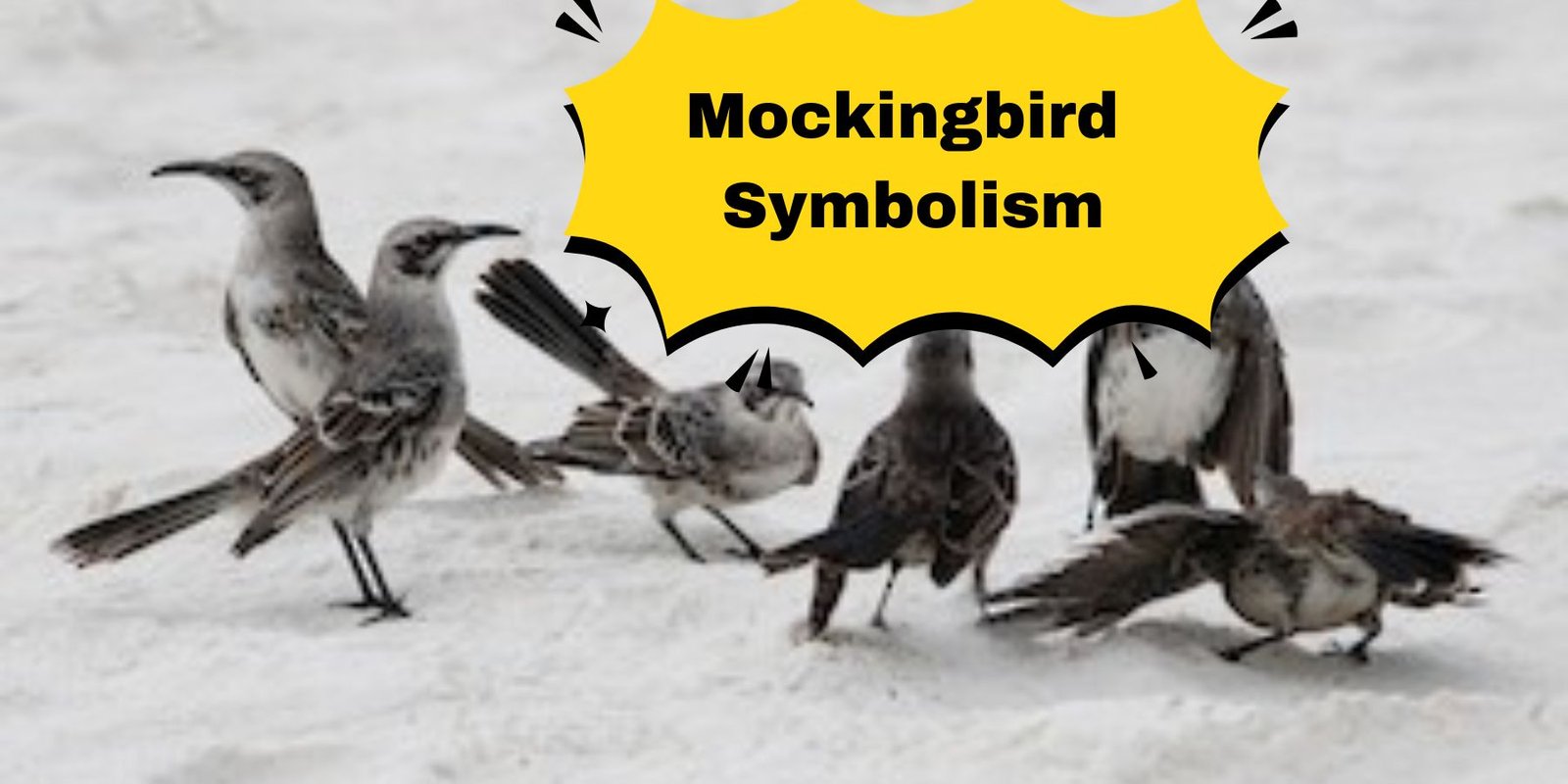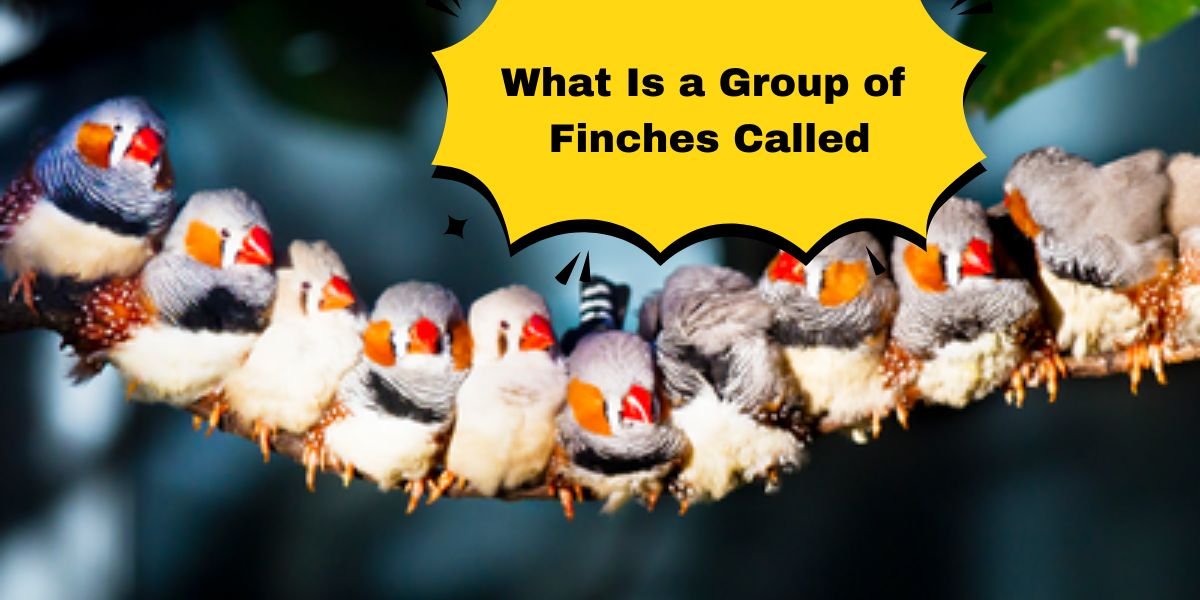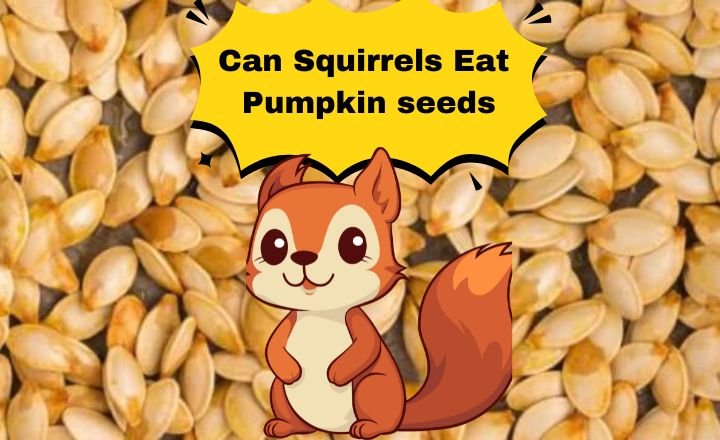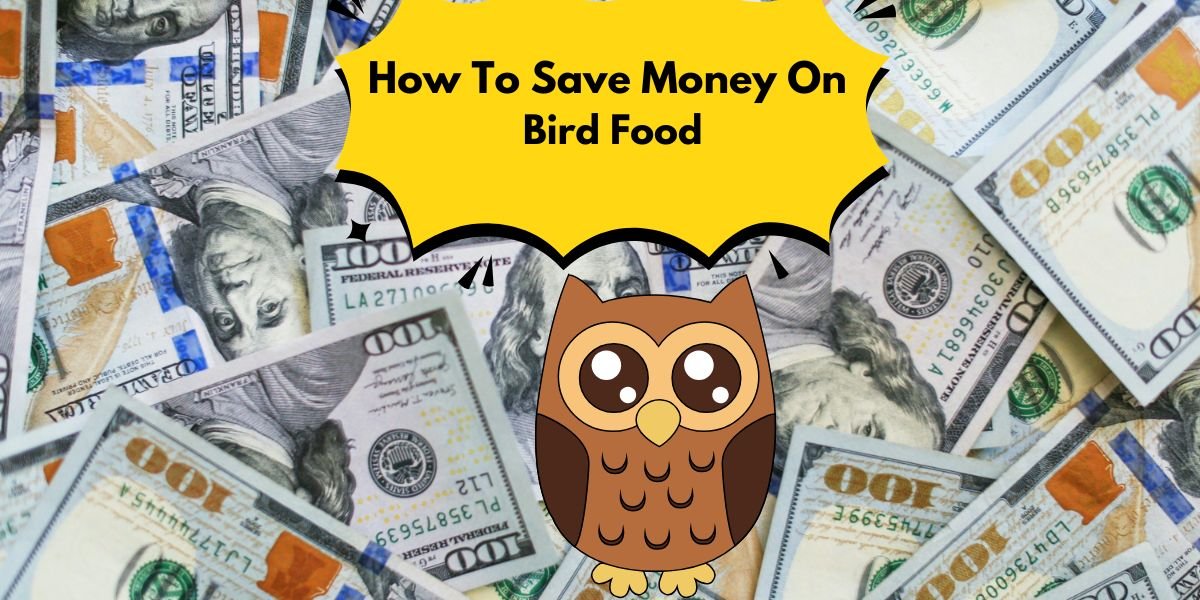Many pet owners share their favorite snacks with their pets, but not all treats are safe for every animal. So, can birds eat chocolate without any consequences? As guardians of our avian companions, it’s vital to understand which foods can pose serious health risks.
In this guide, we will examine the effects of chocolate on birds, providing insights that will help you make informed choices for your pet’s diet and overall well-being.
But WHY can’t birds eat chocolate?
Chocolate contains theobromine and caffeine, two compounds that can be toxic to birds. Unlike humans, who metabolize these substances relatively quickly, birds process them at a much slower accumulation that can result in serious health issues.
Symptoms of chocolate poisoning in birds may include increased heart rate, restlessness, and even seizures. Beyond toxicity, there’s a fascinating aspect of how birds perceive food. Many birds have a highly developed sense of taste, yet they cannot taste sweetness in the same way humans do.
This means that while we might find chocolate appealing, birds might not recognize it as a desirable food source. Their dietary needs are tailored toward seeds, fruits, and insects—foods rich in the nutrients they require for optimal health. Therefore, offering a bird chocolate not only poses a risk of toxicity but also fails to meet their nutritional needs, making it an unnecessary temptation to avoid.
Other Toxic Foods You Should Never Feed Birds
There are some other toxic foods that you should never feed your feather friends.
- Alcohol
- Apple seeds
- Apricot pits
- Avocados
- Cherry pits
- Chives
- Chocolate
- Coffee (and other caffeinated drinks)
- Desiccated Coconut
- Garlic
- Leeks
- Onions
- Peach pits
- Plum pits
- Scallions and Shallots
- Tea
- Xylitol
- Uncooked beans
- Uncooked potatoes and potato peels
Pin it to remember Can Birds Eat Chocolate?
The allure of chocolate’s sweetness may tempt pet owners to share their treats, but this can have dire consequences. Birds lack the taste receptors for sweetness that humans possess, so they cannot appreciate chocolate in the same way.
Their natural diet consists of seeds, fruits, and vegetables that provide essential nutrients without harmful substances. By focusing on safe and healthy snacks like fresh berries or leafy greens, bird owners can ensure their feathered friends thrive without risking their well-being. Always remember: when it comes to birds and chocolate, it’s best to keep those treats out of reach.
Final Words
Chocolate is a beloved treat for humans, it poses significant risks to our avian friends. Theobromine, a compound found in chocolate, can be toxic to birds, leading to serious health issues or even fatal outcomes.
Bird owners and enthusiasts must be aware of the dangers associated with feeding chocolate to their pets. Instead of offering chocolate, consider providing healthier and safer alternatives that cater to a bird’s nutritional needs. Always prioritize the well-being of your feathered companions by avoiding potentially harmful foods and ensuring they have a balanced diet.
FAQs
Can Wild Birds eat Chocolate?
Chocolate. Always avoid feeding birds chocolate. You’d be surprised at how many people have tried feeding chocolate to birds before – and just like humans, they find it hard to resist! chocolate is actually toxic to birds as it contains theobromine and caffeine.
Can Pigeons eat Chocolate?
Chocolate: Contains theobromine, a compound that is toxic to pigeons and can cause serious health problems. Avocados: Contain persin, a substance that is toxic to pigeons and can be fatal. Apple seeds: While apples are safe, their seeds contain cyanide, which can irritate a pigeon’s gut if ingested.
Can Birds have Chocolate?
No, birds should not consume chocolate, as it is toxic to them. Chocolate contains substances called theobromine and caffeine, both of which can be harmful to many animals, including birds. These compounds can lead to symptoms such as increased heart rate, restlessness, and even more severe health issues if ingested in sufficient quantities.
Can Seagulls eat Chocolate?
If you encounter a seagull and feel inclined to offer it food, it’s best to stick with natural options like bread crumbs, fish scraps, or grains. These foods are more aligned with their natural diet and pose less risk to their health. Always remember that feeding wildlife can disrupt their natural foraging behaviors, so it’s important to do so sparingly and responsibly.
Is Chocolate Bad for Birds?
Yes, chocolate is harmful to birds. It contains theobromine and caffeine, two compounds that are toxic to many animals, including birds. Unlike humans, birds metabolize these substances much more slowly, leading to a higher risk of toxicity. Even small amounts of chocolate can cause symptoms such as vomiting, diarrhea, increased heart rate, and in severe cases, seizures or even death.
How Much Chocolate Can kill a Bird?
Chocolate is toxic to birds, primarily due to the presence of theobromine and caffeine. These substances can disrupt a bird’s cardiovascular and nervous systems, leading to serious health issues or even death. The amount of chocolate that can be lethal varies depending on the size and species of the bird, but even small amounts can be harmful. For example, a few grams of chocolate could potentially be dangerous for smaller bird species.
Can Squirrels eat Chocolate?
Squirrels should not eat chocolate, as it is toxic to them, much like it is for many other animals. Chocolate contains theobromine and caffeine, both of which can be harmful to squirrels’ health. These compounds can lead to symptoms such as increased heart rate, restlessness, and even seizures in severe cases. While a small amount may not cause immediate harm, it is best to avoid giving chocolate to squirrels altogether.
Can Squirrels eat White Chocolate?
Squirrels can technically consume small amounts of white chocolate, but it is not advisable to feed it to them. White chocolate contains high levels of sugar and fat, which are not suitable for a squirrel’s natural diet. Unlike dark chocolate, which contains theobromine—an ingredient toxic to many animals—white chocolate has much lower levels of this compound. However, the high sugar content can still lead to health issues such as obesity and dental problems in squirrels.
